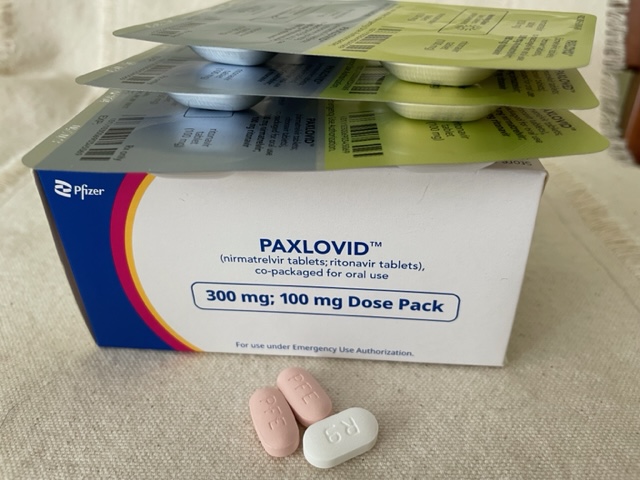A draft report issued last week by the Presidential Advisory Council on Combating Antibiotic-Resistant Bacteria (PACCARB) urges the federal government to include steps to prevent and combat drug-resistant infections in its pandemic preparedness plans, even if the next pandemic is viral.
Citing the challenges in maintaining infection prevention and control (IPC) and antimicrobial stewardship (AS) practices that resulted in unnecessary antibiotic use and a rise in resistant infections in US hospitals during the COVID-19 pandemic, the group says federal guidance on IPC and AS needs to be developed through an established inter-agency pathway and included in preparedness plans for future pandemics. It also calls for expanding, training, and supporting the IPC workforce to address current shortages and prepare for the increased demands of a public health emergency.
In many US hospitals, infectious disease clinicians and other staff members responsible for IPC and AS were often diverted to COVID-19 care, resulting in lapses that led to antibiotic overuse and the spread of resistant pathogens.
"Currently, there is a significant shortage of IPC professionals, and this trend appears to be worsening, especially given increased burnout levels caused by a significant workload and stress from the COVID-19 pandemic," the report states. "This shortage is even more stark in rural communities, and it poses a serious threat to the foundation of our nation's healthcare system."
Other recommendations from PACCARB include developing new antimicrobials, vaccines, and diagnostics to address resistant bacterial and fungal infections that may arise in a future pandemic and creating a clinical trial and regulatory approval infrastructure that can quickly facilitate the availability of new medical countermeasures. The group also recommends expanding current surveillance systems for emerging viral threats to include resistant pathogens in human, animal, plant, and environmental settings and modernizing existing surveillance databases for One Health interoperability.
"Importantly, implementation of all recommendations must happen in anticipation of the next emerging threat and cannot wait until we are in the throes of the next emergency," the report concludes.












